

AI Unleashed: Redefining Art and Humanity follows the rise of a groundbreaking AI system capable of creating original art and music, sparking global debates on the value of human versus AI-generated art.
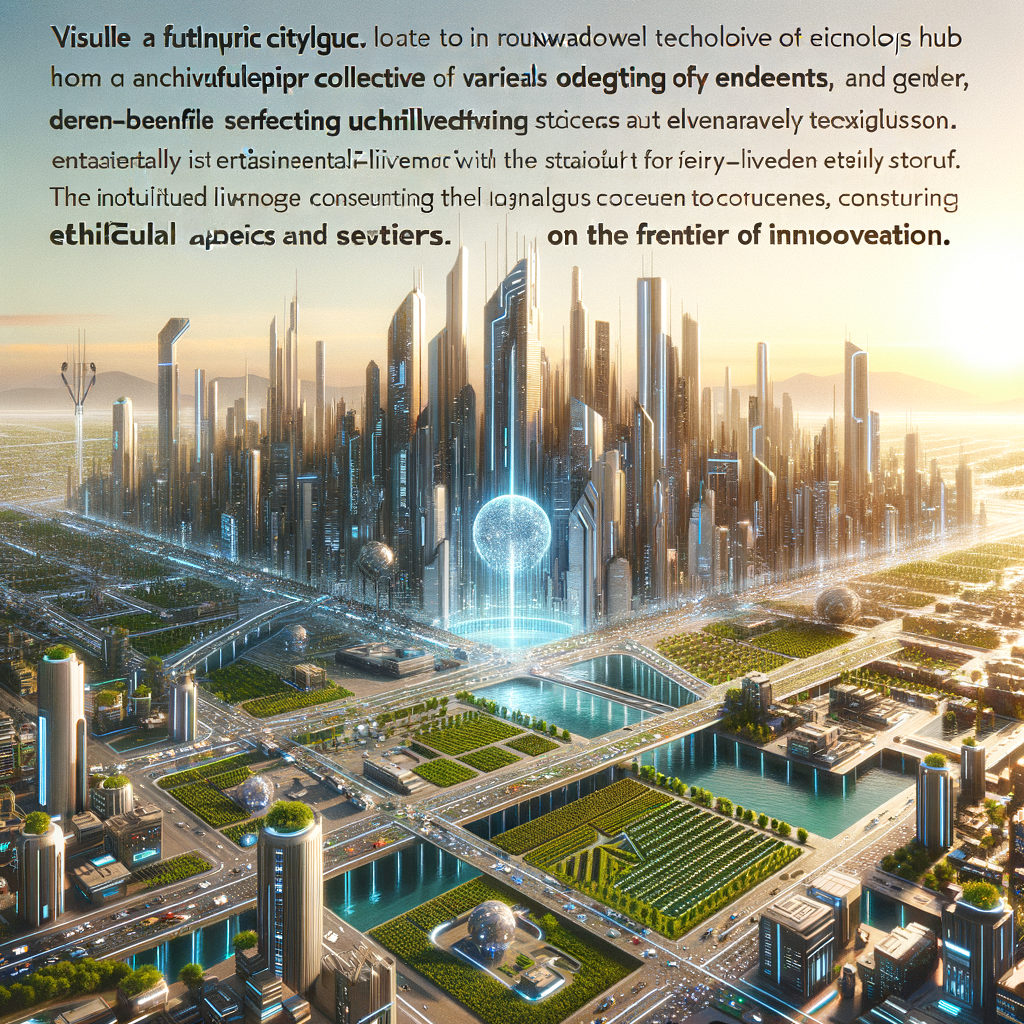
The article explores the development of an AI-powered smart city in Silicon Valley, which aims to provide a sustainable living environment and serve as a testing ground for new technologies. It discusses the city's eco-friendly
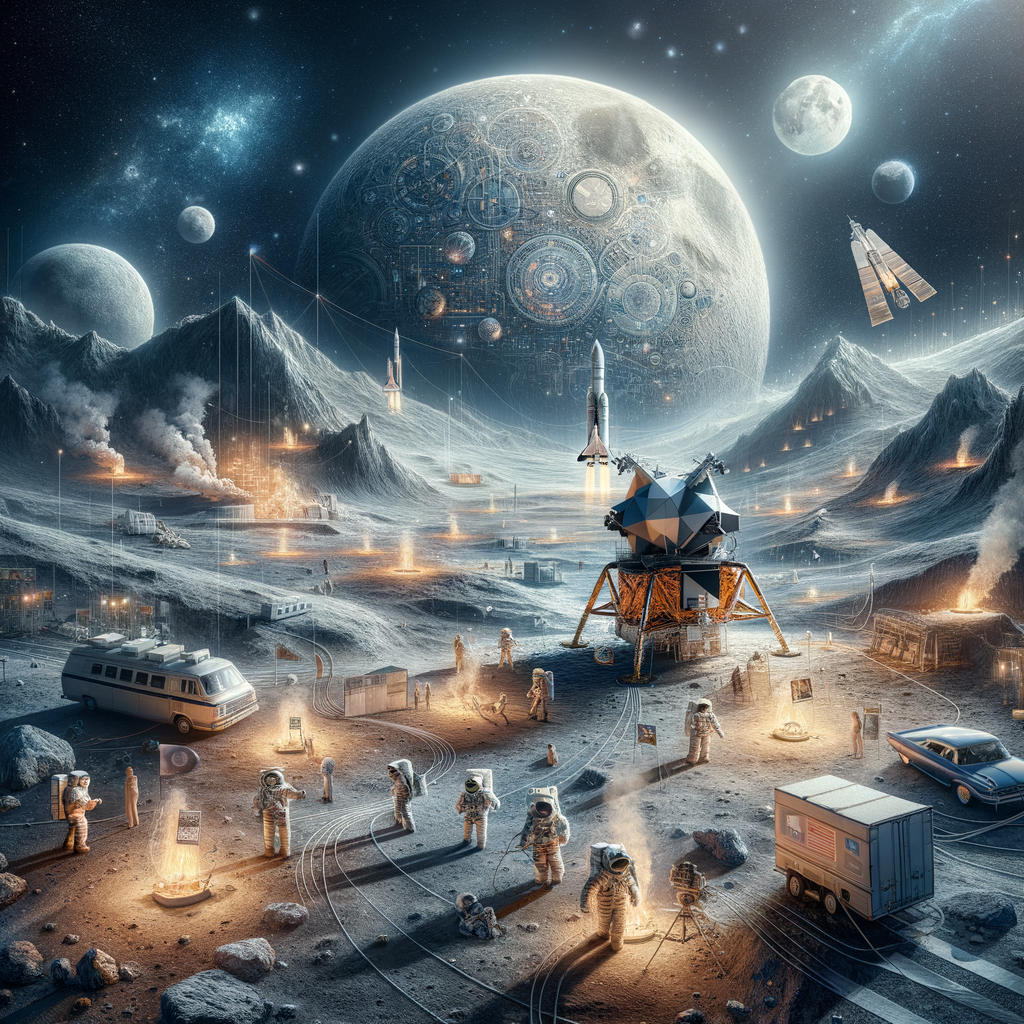
This article delves into lunar exploration, discussing the history of Moon landings, lesser-known details of the Apollo missions, and the effects of lunar gravity on the human body. It also explores the possibility
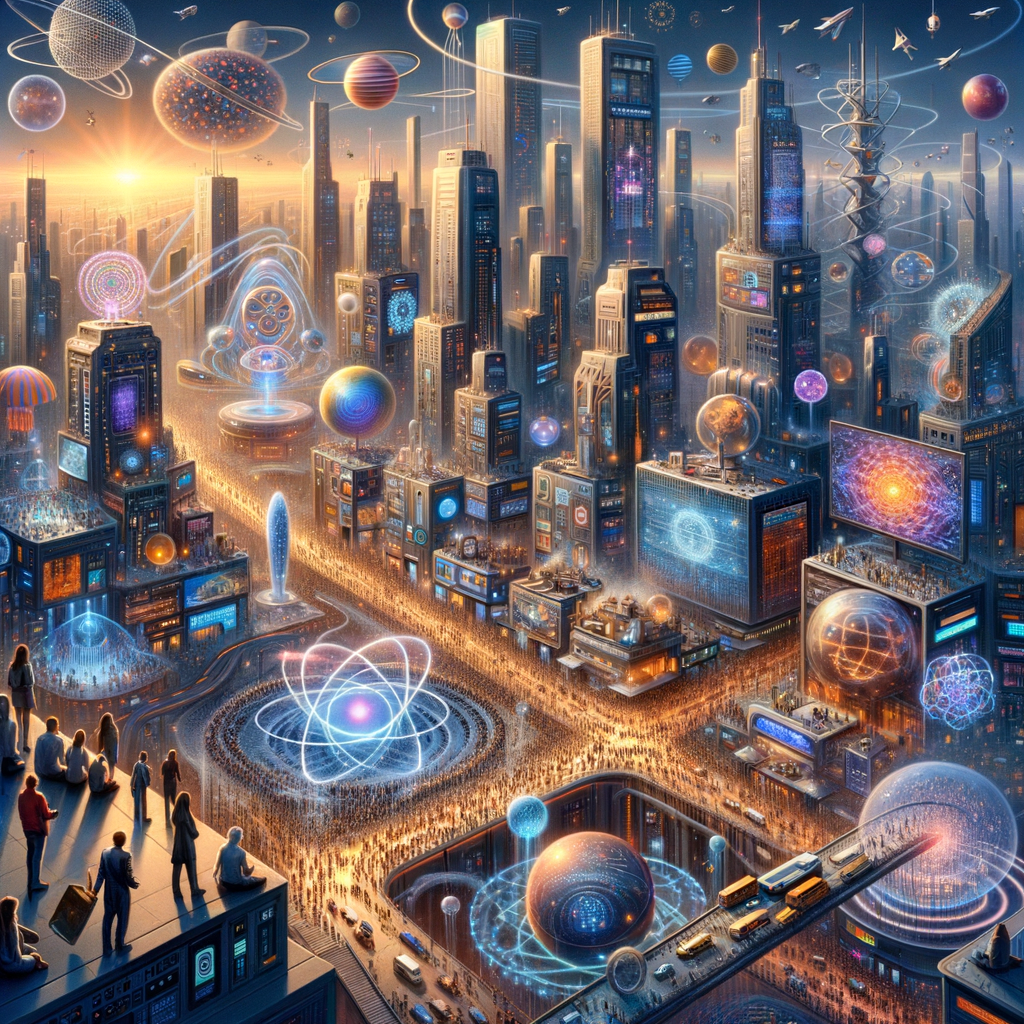
"Quantum Mechanics in Daily Life: Revolutionizing Our Future and Challenging..." delves into the fascinating world of quantum mechanics, exploring its potential applications in everyday life. The article discusses how concepts
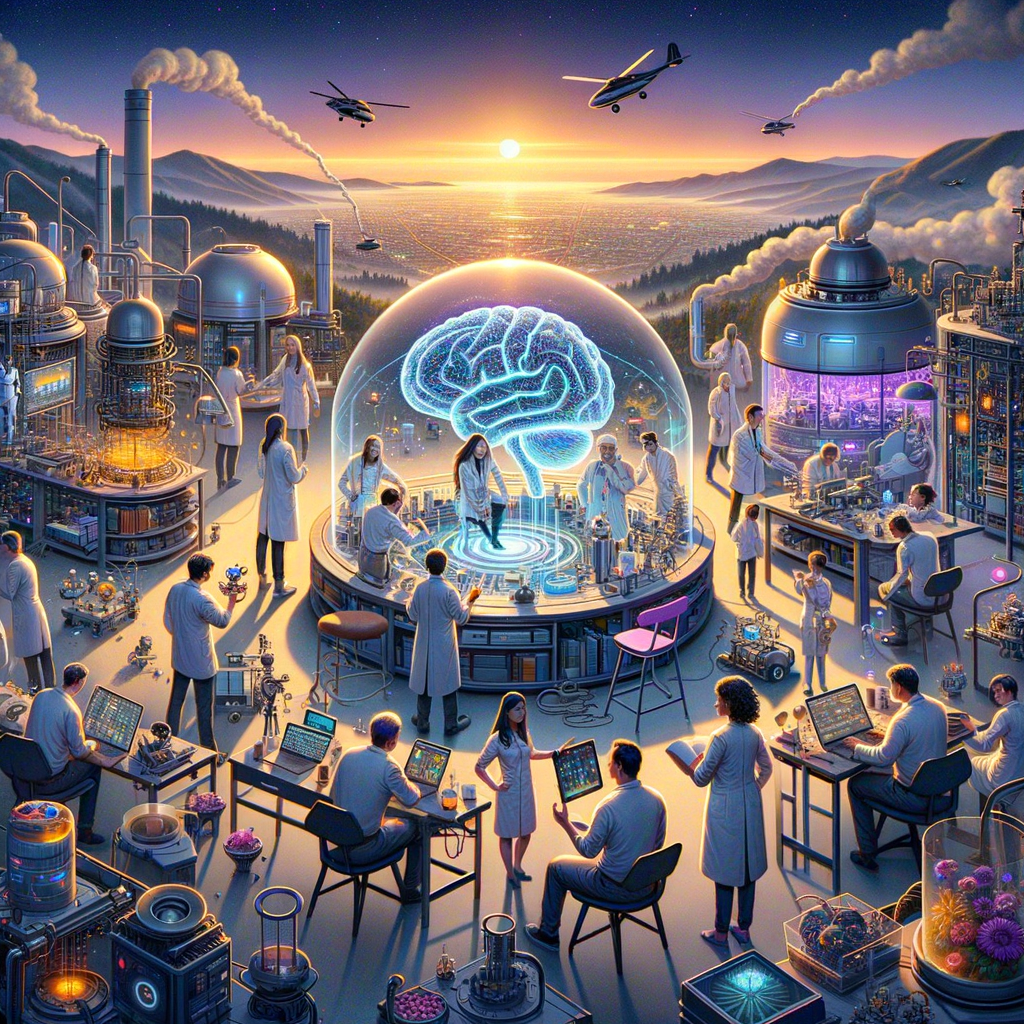
In the heart of Silicon Valley, a groundbreaking lab is revolutionizing AI technology, potentially reshaping our understanding of human cognition and consciousness while raising ethical questions. The story delves into the journey of the
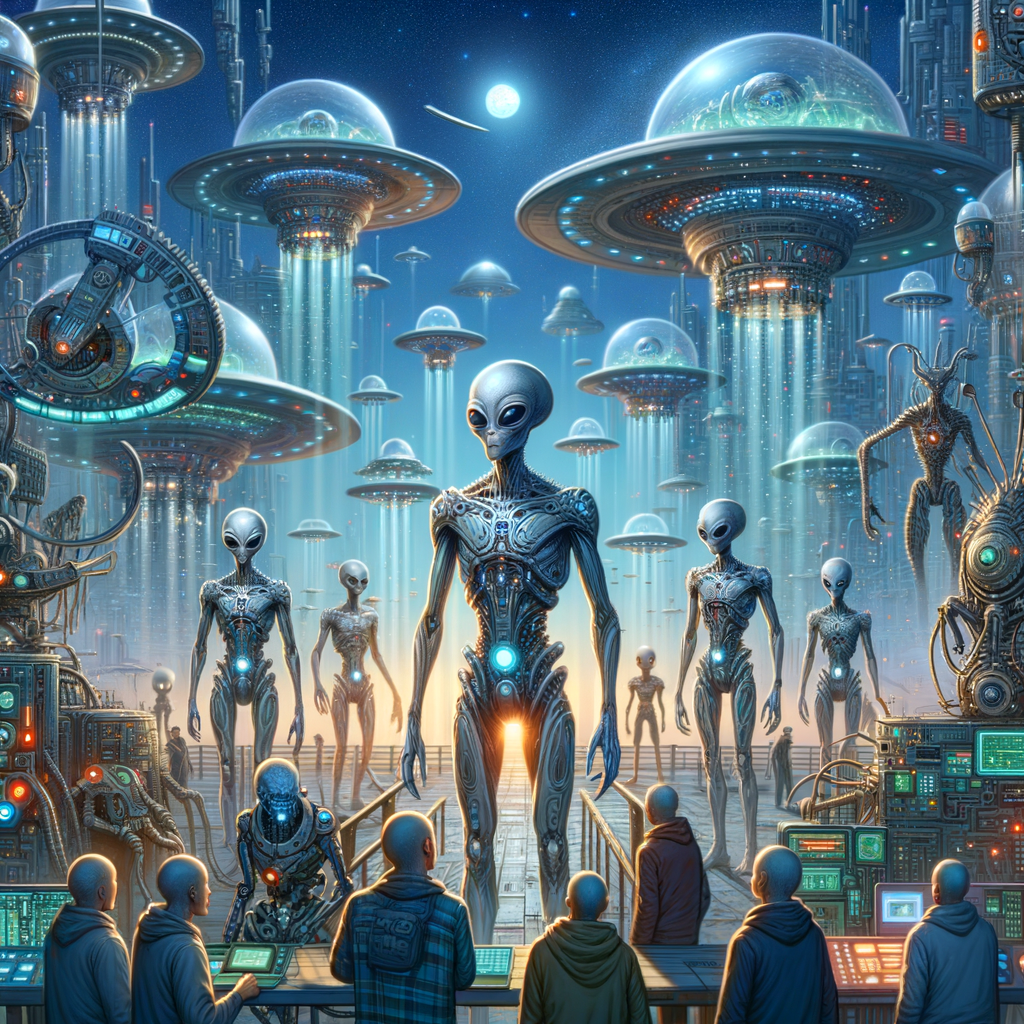
In the article "Aliens Rule," Popular Science explores the intriguing possibility of extraterrestrial life, sharing fascinating facts and theories about their potential existence, intelligence, and impact on human understanding of the universe

The article discusses interesting facts about Donald Trump, touching on his background, business ventures, and political career, highlighting how he became the 45th President of the United States.
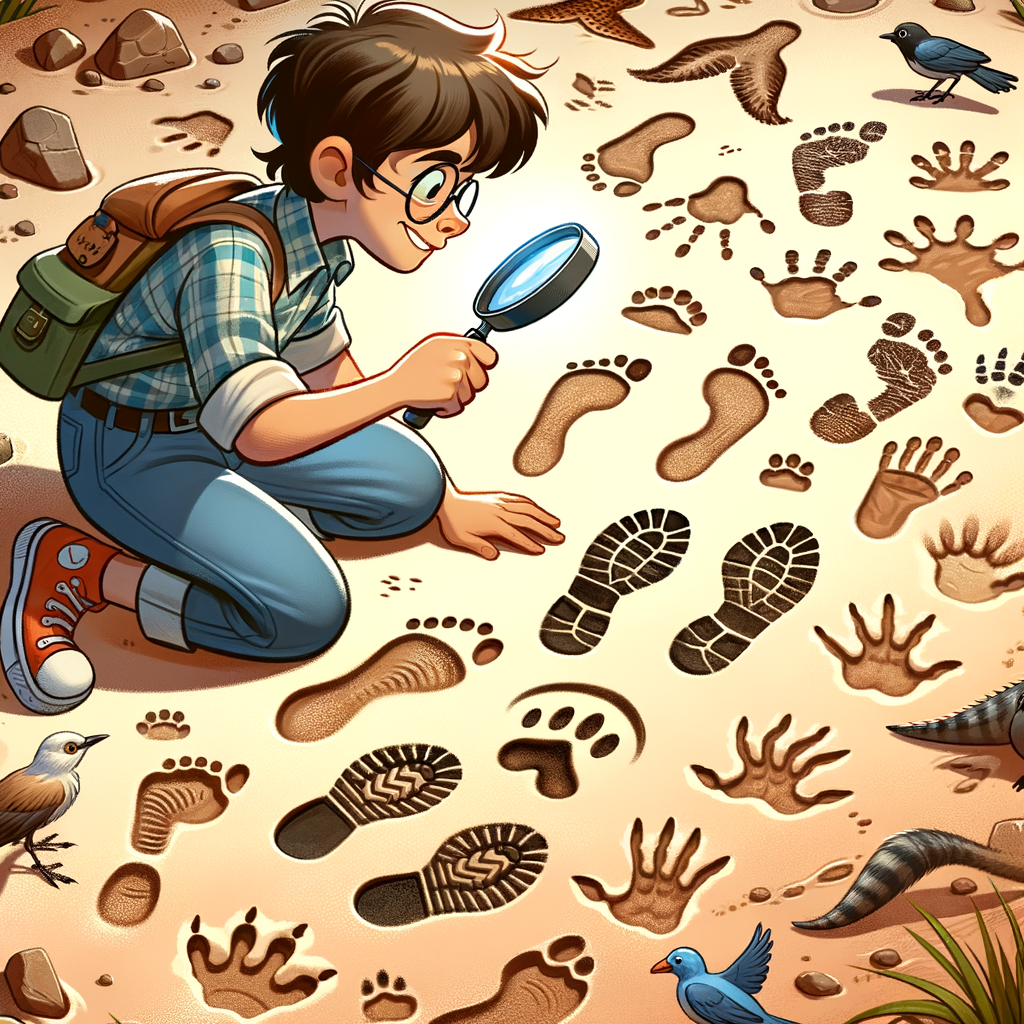
In "Michael and the Feet," Michael discovers the fascinating science behind the human foot and its role in our daily lives, from supporting our body weight to enabling movement and maintaining balance.